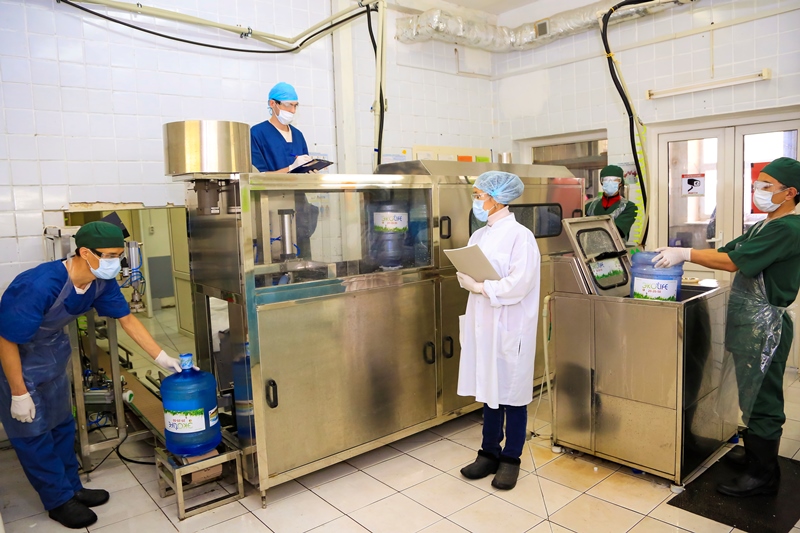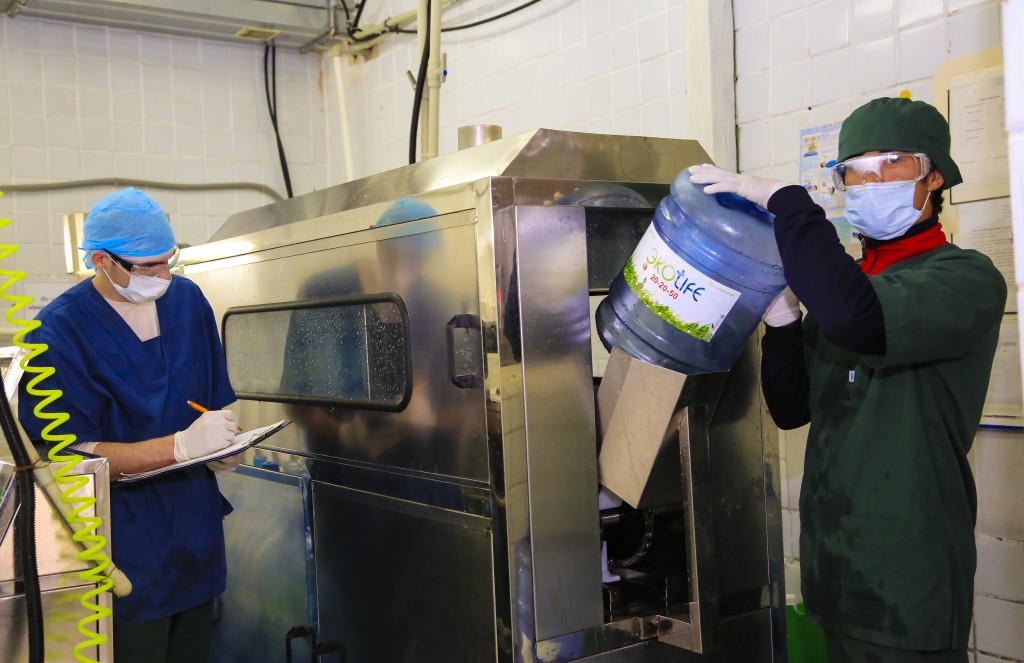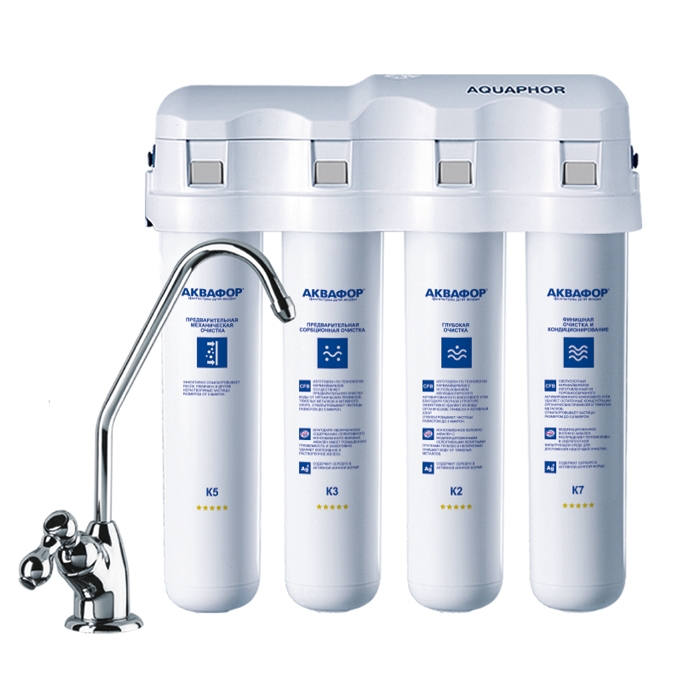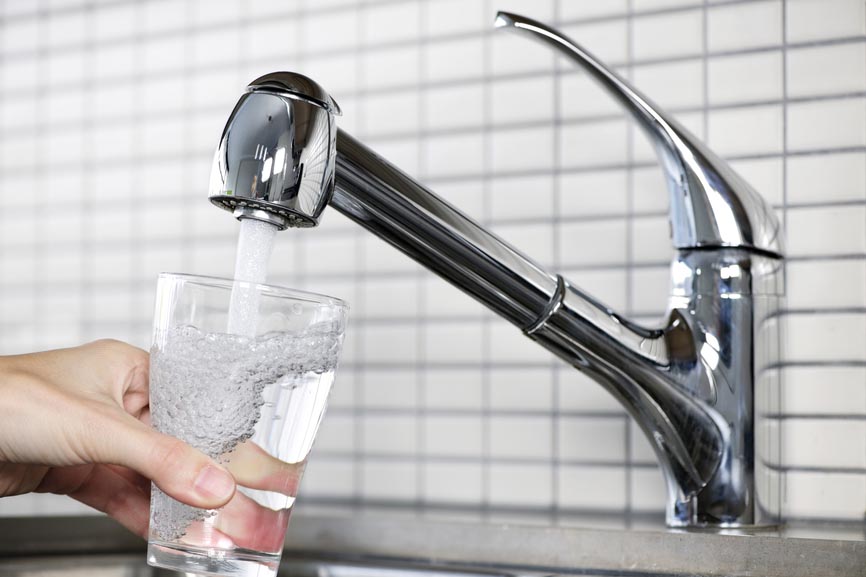ASTANA – In our digital, fast-moving and modern era, we sometimes forget to ask ourselves essential questions. One such question is what type of water are we drinking these days? Is it properly disinfected? Has it been correctly stored before we actually consume it? Should we drink purified, filtered, alkaline or spring water? And for capital residents, “Can we drink its tap water?”
They say water is life. Mankind survived thanks to water from the beginning of civilisation; the translation of the name Mesopotamia, from the Greek “between rivers,” removes any doubt. Yet there are controversial scientific research studies and consumers are left with questions: who is funding this research – marketers, governments or business communities?
Water is a strategic resource and is therefore under strict control by the authorities. In Kazakhstan, the Sanitary Epidemic Station (SES) monitors water control, overseeing all private water purification companies on a regular basis.
Purified Water
There are numerous private companies that offer purified water and deliver it in blue 19-litre bottles. The Astana Times interviewed the owners of one of such company in its quest to better understand what type of water to drink.
“Tap water in Astana is in compliance with all standards of the Sanitary Regulations and Norms (SRN) [of Kazakhstan],” said Lola Mustafina, co-founder of EcoLife, a water purifying company established in the city in 2008.
“Nonetheless in my humble opinion, people should drink purified water, because the sewage system is on the whole hundreds of thousands of kilometres and the pipes do contain some parts concentration of bacteria. The city is growing every day and new materials are used; you can’t do water lab tests every day. I believe that water of high quality can only be purified.”
The SES strictly monitors her company and non-compliance may trigger discrepancies with authorities and the state in general, she added. EcoLife conducts weekly lab tests and uses up-to-date technologies, customised for the city’s water with Chinese technologies to purify it and give it an exquisite taste.
The concern for potential customers relates to questions of how fresh the water is and how long it is stored from the minute it is poured in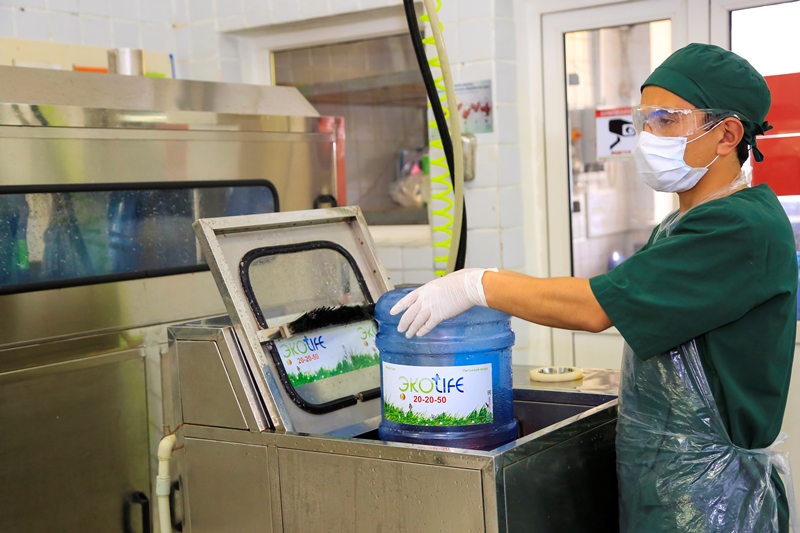 to bottles to the time it is brought to your doorstep?
to bottles to the time it is brought to your doorstep?
“We don’t keep the water on the premises for more than 12 hours. Actually, the storage time is from three to six months as long as it is stored properly – nothing would happen to it if produced properly. If the production was improper, the water would go bad within a month for sure,” said Mustafina.
EcoLife usually delivers the same day. A 19-litre container is delivered for 600 tenge (US$1.70) with an exchange of an empty bottle of the same capacity or 2,100 tenge (US$3.50) without an exchange.
Pros: No need to buy additional cartridges. Water pumps start at 2,000 tenge (US$3.40) and water dispensers are around 15,000 tenge (US$44). Water dispensers need to be cleaned at least twice a year; water pumps can be easily washed every once in a while.
Cons: Consumers can’t be sure if the containers are properly washed and cleaned unless they visit the company, so order only from reliable and trusted suppliers like EcoLife or Khrustalnaya. There is no way to determine when companies actually change their filters; the only hope is to rely on SES and their compliance. Estimated time of delivery (ETD) can be unpredictable. Deliveries are hard to schedule and can’t always be on time for a family where all work during the day.
Filtered Water
In addition to many purifying companies, there is an array of filters. They include water purifying pitchers, filter tips for tap water and installed filters with separate small taps mounted on the side of the sink.
Kazakhstan Aqua Astana Director Berik Akhmet, whose company sells water filters, believes tap water is good enough for drinking but offers alternatives to purify it “to reduce the level of chlorine.”
“Chlorine is the only way to clear the water of bacteria so it needs the chemical, but still chlorine doesn’t have a healthy effect on human bodies. If you test water in part A of the city and compare the result from part B of the city, the properties will be different. That’s normal, as it travels hundreds of kilometres through different pipelines,” said Akhmet, who confirmed Mustafina’s comment on sewage and pipe-travelling from a single source.
The company offers two types of water filters for consumption, based on the split opinion whether or not water needs to be desalinated.
“Western scholars are saying it doesn’t matter if the water is salinised or has a very low level of salt containing calcium and magnesium. So we are offering both options to our clients. We sell filters for reverse osmosis water that purifies water of calcium and magnesium and streaming water that leaves calcium and magnesium,” said Akhmet.
Aqua Astana offers various brand filters like Aquaphor, Aquavis and Hubert. All are cartridge-based filters that need to be renewed. Depending on the complexity of the filter and its functions, prices vary from 15,000 tenge (US$44) to 120,000 tenge (US$352).
Pros: There is no need to call delivery companies and wait for them at home and no bottles that take up extra room in the kitchen.
Cons: The hassle to change the cartridges and not knowing when to properly change them. The companies recommend changing them periodically in stages but there is no way for them to monitor how much water consumers are actually using. A family of two could use 100 litres a week; a family of 10, perhaps 1,000 litres. Cartridge changes should not be based on time, but on usage.
Tap Water
As both Mustafina and Akhmet indicated, tap water is compliant with all standards and while drinkable, has a high level of chlorine.
The main water supply for the capital is the city water reservoir built in 1969. According to official data taken from the state-run Astana Su Arnasy (the capital’s water supplier), the water is constantly tested at their laboratory.
“The water is chlorinated (for reduction of bacteria), coagulated (to reduce turbidity), clarified, filtered through a layer of filter materials (reducing the concentration of suspended solids) and then chlorinated again (to protect it from external contamination and growth of bacteria, in other words disinfected),” according to its website.
“The quality of tap water is continuously monitored at all stages of the process. The microbiological indicators are checked once per day, the organoleptic indicators (for odour, color and turbidity) are checked 12 times a day and the residual chlorine is checked once per hour.”
All arguments are valid. The answer lies in preferences and beliefs in different theories and the results one is seeking.


